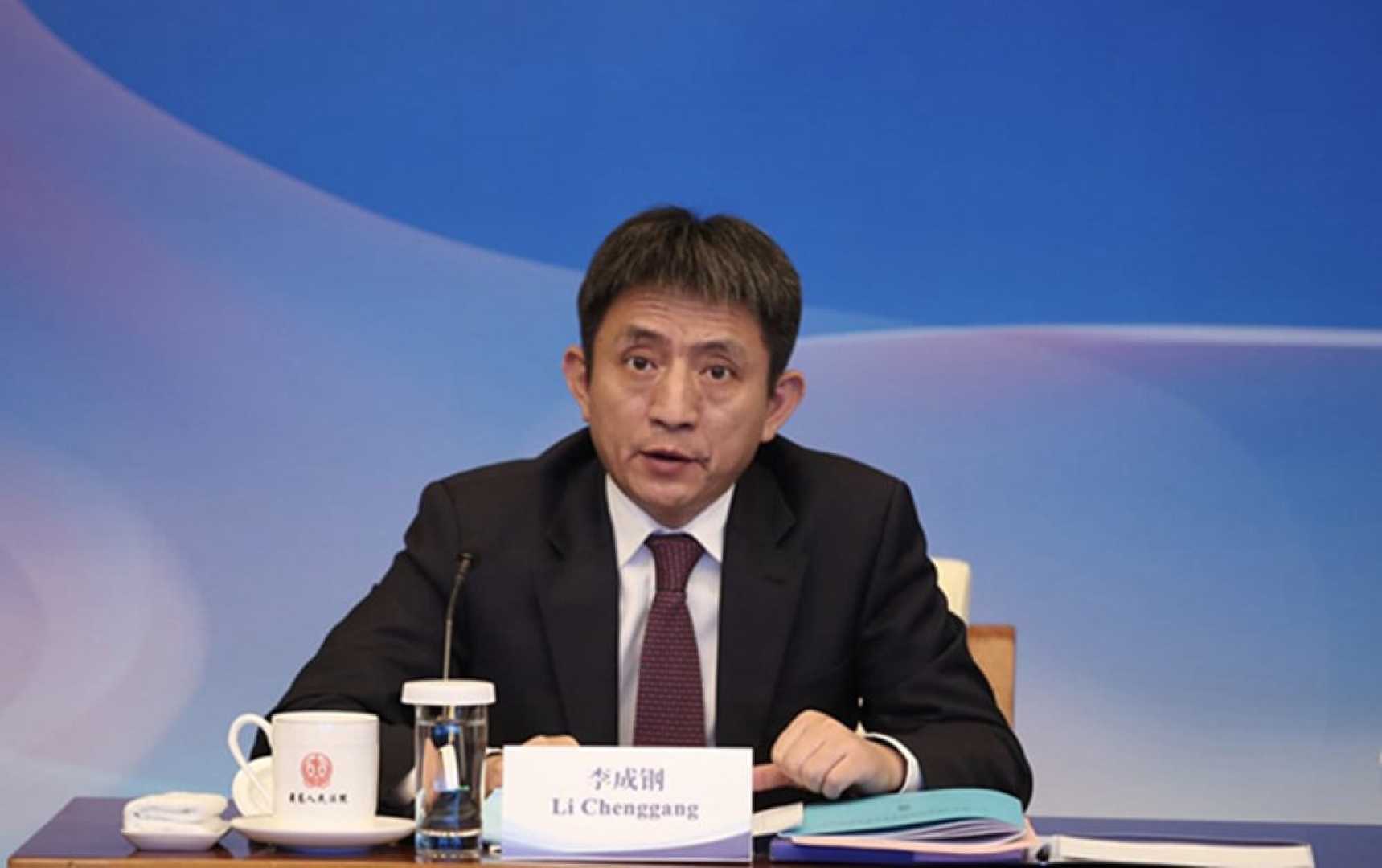Politics
China Appoints New Trade Envoy Amid Escalating U.S. Tensions

BEIJING, China — China on Wednesday appointed Li Chenggang as the new vice minister of commerce and a leading representative for international trade negotiations, according to an official statement. Li replaces Wang Shouwen at a time when trade tensions with the United States have reached new heights, with no clear path to restarting negotiations.
Li’s appointment is significant as it positions him at the forefront of China’s strategy to navigate ongoing trade disputes. So far, both nations have increased tariffs with little indication of resuming discussions, leaving businesses in precarious situations. This change in leadership occurs amid a broader reshuffle within the upper echelons of China’s government.
Li was among several Chinese officials who participated in a recent symposium aimed at addressing concerns among private companies. The meeting came after President Xi Jinping reaffirmed his support for the private sector earlier this year, highlighting the need for a stable economic environment.
Additionally, as part of this administrative shake-up, China has removed Wang Zhizhong, head of the National Immigration Administration, and Vice Foreign Minister Chen Xiaodong, signaling a significant restructuring of key positions within the political landscape.
The backdrop of these changes includes a notable increase in China’s crude steel production, which rose by 4.6% year-on-year in March to nearly 93 million tons. The total output for the first quarter reached over 259 million tons, a slight increase of 0.6%. This surge may undermine efforts by the Chinese government to limit steel production amid international pressure.
Meanwhile, President Xi is on a Southeast Asian tour, which includes stops in Malaysia, Thailand, and Cambodia. In Malaysia, Xi emphasized “deepening high-level strategic cooperation” during his first visit since 2013. This tour serves as an opportunity for China to reinforce its commitments as a trading partner, especially as many in the region express dissatisfaction with U.S. trade policies.
As the reshuffling continues and production numbers rise, analysts will be closely monitoring how these shifts will influence future negotiations and China’s stability in international markets. The potential for dialogue remains uncertain as the U.S.-China trade tensions show no signs of abating, stressing the importance of Li’s new role.












